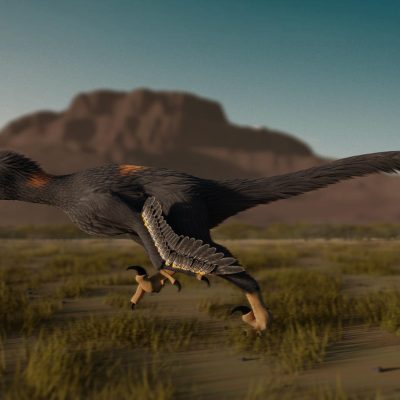In a groundbreaking study, researchers have recalculated the total weight of all life on Earth, revealing that previous estimates were based on flawed assumptions. Led by Jens Kallmeyer of the University of Potsdam, a German-American research team spent six years reevaluating the weight of life on Earth. The impetus for this new calculation came from sediment cores taken from coastal waters, which were used in previous estimates of the weight of life in the ocean. However, the density of life near the coast is much higher than in the depths of the ocean, leading to an overestimation of the total weight of life in the sea. By using sediment cores from deep, offshore waters, the researchers were able to arrive at a new estimate of just 4 billion tons of carbon for the weight of life in the ocean, a significant reduction from previous estimates of 300 billion tons.
In addition to recalculating the weight of life in the ocean, the researchers also revised their estimate of the total weight of life on land. While this new estimate is still just an approximation, it is much more accurate than previous estimates. According to Kallmeyer, the total weight of all life on Earth is approximately 700 billion tons of carbon, which is about one-third less than previous estimates. However, the study’s authors caution that the exploration of the deep sea is still in its early stages, and it is difficult to say with certainty how much life exists in the depths of the ocean. Therefore, the new data will need to be reevaluated in the coming decades to ensure its accuracy.
This study has important implications for our understanding of the biosphere and the role that life plays in shaping our planet. By providing a more accurate estimate of the total weight of life on Earth, researchers can better understand the impact that human activities are having on the environment and the delicate balance of life on our planet. While there is still much to learn about the complex web of life that exists on Earth, this study represents an important step forward in our understanding of the natural world.










